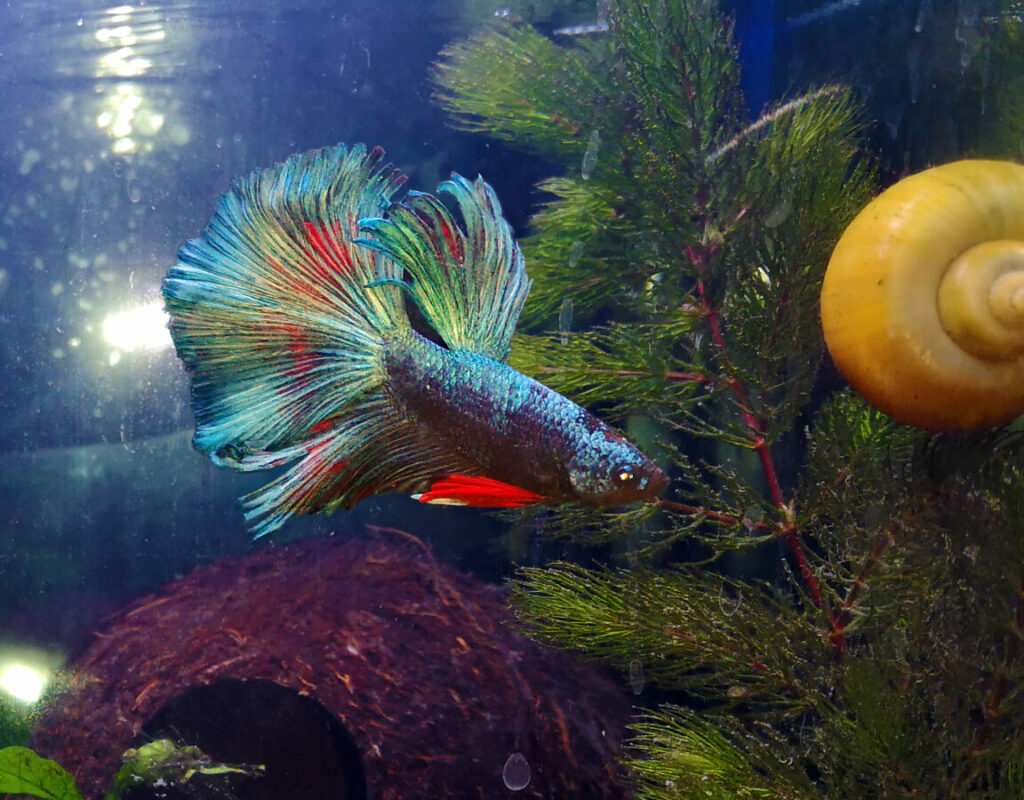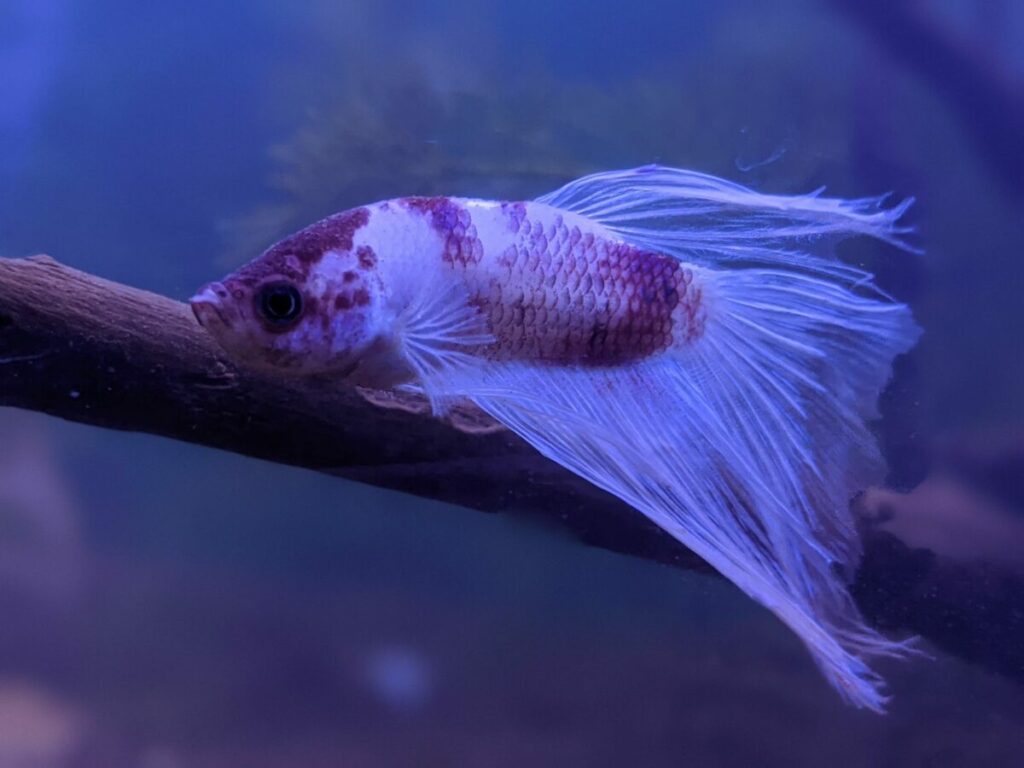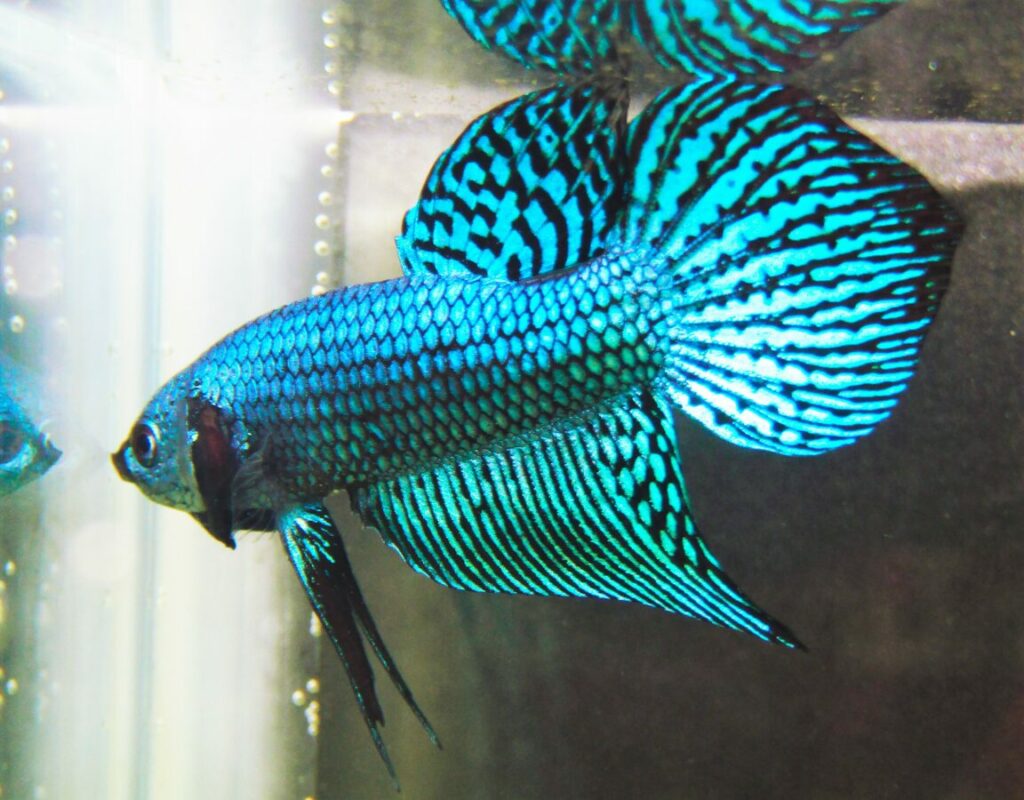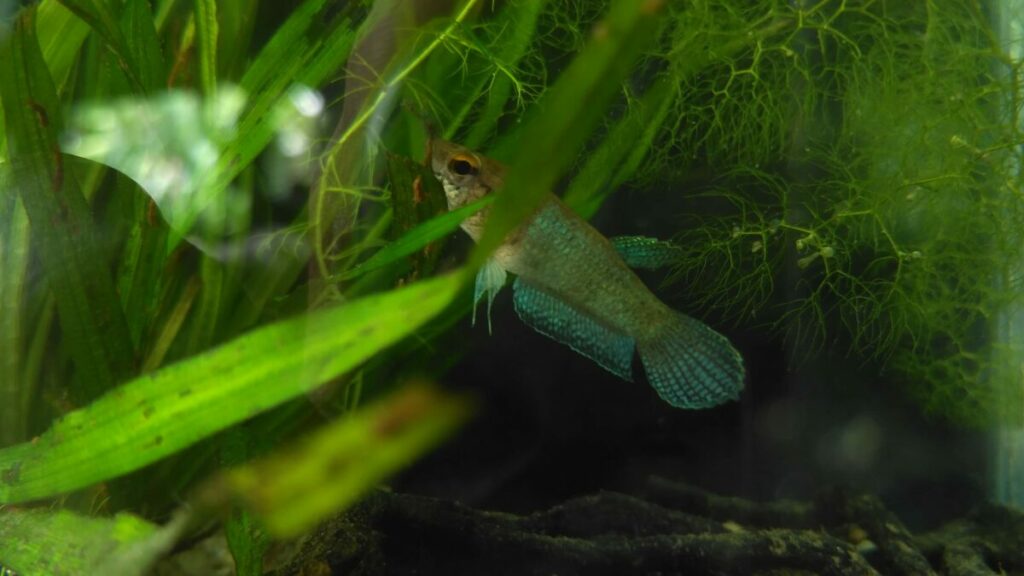Many of us treat our pet fish with the same love and dedication we give other pets. That’s why when your Betta falls ill, it feels like a gut punch. But fear not! With proper knowledge and care, you can help your fluffed friend regain wellness. Remember, a sick Betta is often a sign that its environment might need some changes.
General Care Measures to Avoid a Sick Betta

The Betta, a vibrant creature with flowing fins, thrives in specific conditions. Knowing the correct measures of care can be the key to preventing your Betta from getting sick. It’s crucial to avoid housing two male Betta fish together. Their combative nature might make you end up with a sick Betta. Females are more peaceful and can coexist. But don’t cram many into small tanks. That could stress them out, potentially leading to sick Betta fish.
Importance of Suitable Water Conditions

Bettas are adaptable but dislike sudden changes in their environment, especially water conditions. The shift from murky to clean water can cause them stress. If you treat your tap water with chemicals, leave it overnight before adding it to your Betta’s tank. Maintain a pH level of around 7.0; levels outside 6.5 and 7.5 could be harmful. Betta fish also prefer warm waters, ranging from 72 to 82 degrees. Low temperatures could stress your Betta, leading to sluggish behavior.
Creating a Calm Environment for Your Betta

Just like us, Betta fish appreciate a calm, serene environment. Including live plants in their tanks offers a cozy corner for resting. As the Betta breathes on the surface, it’s not advisable to aerate the tank. Excessive water movement might unsettle your fish, creating an environment not conducive to a healthy Betta.
Feeding Do’s and Don’ts for Betta Fish

Betta fish don’t require constant feeding. Overfeeding is a common problem leading to a sick Betta. Not only is their health impacted, but the tank environment degrades with leftover food. A daily feeding of about five minutes is enough. Young Betta fish do require being fed twice a day, however.
- Natural food: Betta fish love mosquito larvae.
- Substitutes: Freeze-dried brine shrimp make good treats.
- Avoid live food: This may introduce bacteria or disease into the tank.
Remember, a routinely cared-for Betta seldom falls sick. Though occasional diseases can crop up, especially with live food or multiple fish, proper care reduces these risks significantly.